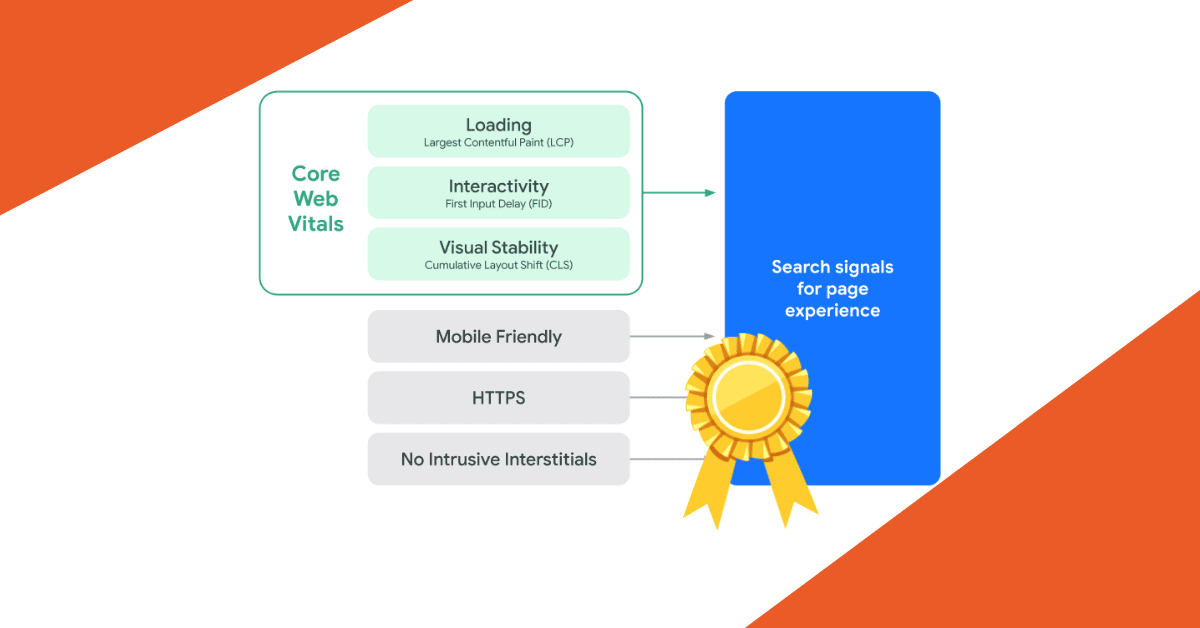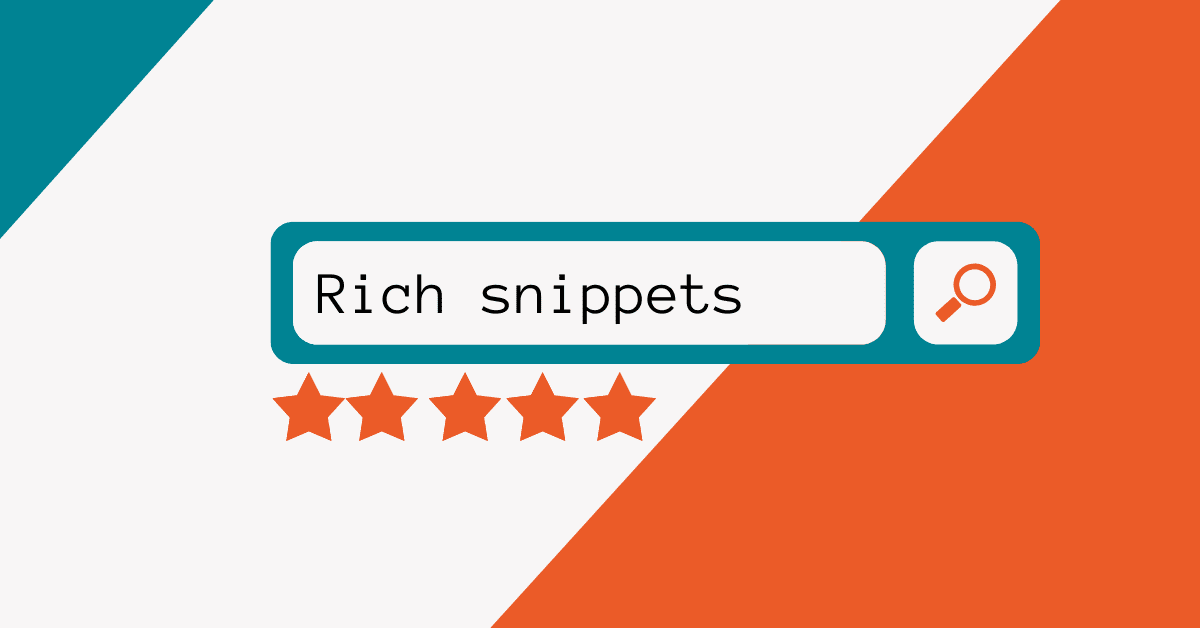A closer look at Emma
Emma has been a SEO & Online Marketing Intern at Onder since February. She is learning daily about SEO and critically examining our own online marketing. She is also doing onder research on internal communication at our company. With her knowledge from onder other her training, she helps us move forward every day. Because Emma is sticking around for a while after her internship, we would like to introduce her to everyone once again. Now through an extended interview.

SEO Skills; the What, Where, How and Why.
There are mainly two reasons to learn Search Engine Optimisation (SEO). You want to learn new skills because you need it in your current job or because you are changing jobs. But in addition, you can also deepen if you already have some knowledge of SEO such as when specialising to SEO Specialist or specialising within one of the onder parts of SEO. When giving guest lectures at colleges, I notice that often the same questions come up with

Page Experience, what to look out for?
By 2021, the Page Experience Update had already been announced. This contains a number of different ranking factors. Some new and some already existing factors. From August 2021, this will already be used in ranking mobile versions of URLs. From February 2022, this will also be rolled out for desktop. By the end of March, this process will be completed. High time, then, to take a deeper dive into these signals. The page experience factors Note! Google does indicate that the search engine values more

The low-hanging SEO fruit for your website
Despite the fact that SEO is at its core a long-term strategy, there are a number of points where you can score relatively quickly and easily. These are points that already make my hands itch not to implement and/or solve them immediately for a client. 1. Sitemaps A sitemap is simply a collection of your most important URLs. Usually, these are all indexable pages. A search engine can discover many pages from a sitemap. It is

SEO ? Spreadsheets
Spreadsheets are one of the most useful and versatile tools you can have at your disposal. This is true in many fields of work. And SEO is not an outondering of them. So it always surprises me that some people do not use it. Some of them even actively run away from spreadsheets. "I use Excel as little as possible because I don't understand a f*ck." Fortunately, software packages like Excel and Google Sheets provide explanations when you enter a formula. However

The basics of Conversion Optimisation
The holiday season is upon us again. And that is precisely the period e-commerce companies have been preparing for all year. The time is ticking to optimise your website and improve your conversion rate. But the question, of course, is: where do you start? Conversion pyramid In theory, you can start testing all sorts of things right away. But if the basics are not strong, your ideas will still collapse. To add structure to your steps, it helps to work

Getting rich snippets with structured data
Structured data, or also known as schema markup, is onderpart of Semantic SEO. It gives more context to information so that search engines can interpret it better. In addition, using Structured Data gives another advantage. By using markups, it is possible to get rich snippets, also known as 'rich results'. This is what most marketers are all about. The benefits of rich results "As documented by case studies in the U.S. and abroad, retail firms can get up to

Deploying Semantic SEO
Semantic SEO, you've probably come across it before. Probably zonder that you had realised it yourself. Or at least its impact on the world of search engines and SEO. By using Semantic Search, websites can onder other extend their snippet between search results with, for example, stars or product prices. These then become rich snippets. But the knowlegde panel, which is often seen on the side of search results, has also been expanded thanks to Semantic

Creative with Google Tag Manager
One of an online marketer's many tools is the Google Tag Manager (GTM). This tool allows you to easily and quickly insert code (also known as scripts or tags) into a website from one location. Personally, I use the tool mainly for tracking goals/conversions within Google Analytics and Google Ads. But you can do so much more with it than that. In this blog, I give you 5 ways to improve your performance with Google Tag Manager.

Don't miss it
Subscribe to our newsletter and don't miss a single SEO tip
"*" geeft vereiste velden aan






 Dutch
Dutch
 English
English